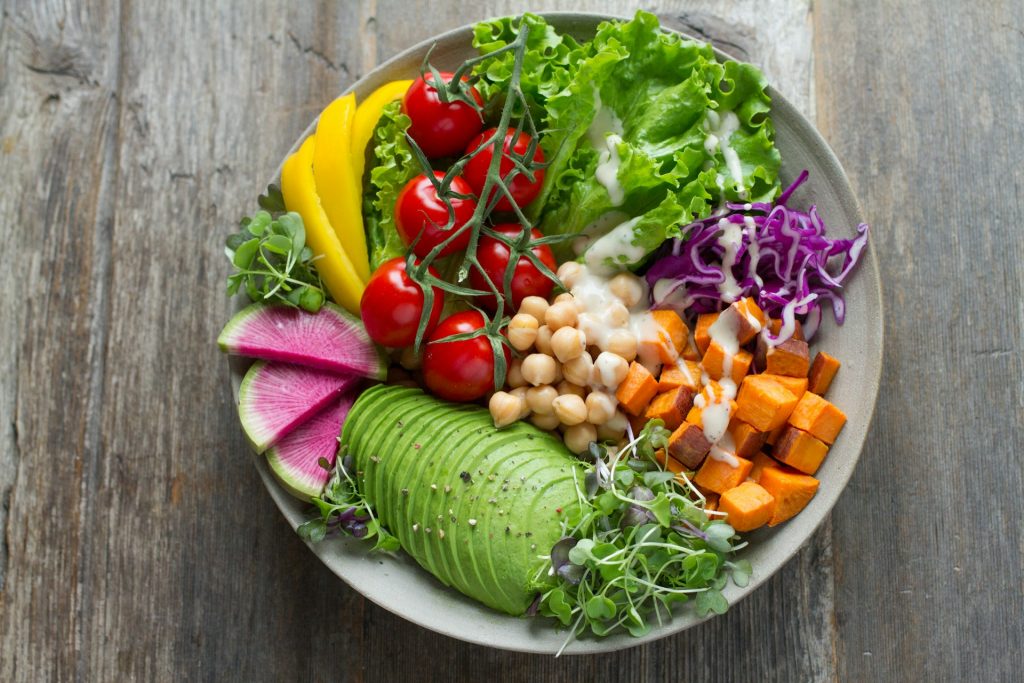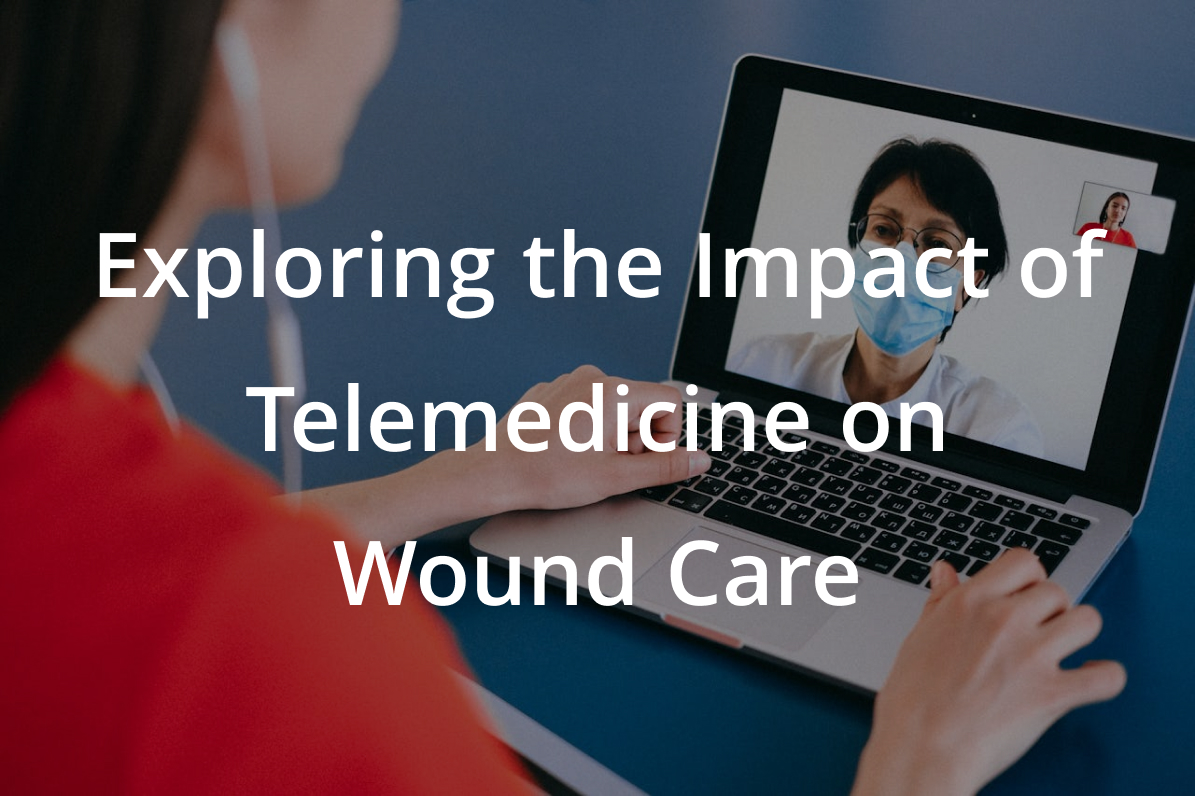
The healing process after surgery or injury is complex and can be significantly influenced by numerous factors, including nutrition. The body requires a wealth of nutrients to repair itself efficiently. This blog explores the critical role of nutrition in wound healing, highlighting key nutrients essential for skin regeneration and offering insights into nutritional plans beneficial for post-surgery recovery.
Understanding the Impact of Diet on Wound Healing
Nutrition for wound healing is paramount; a well-balanced diet can expedite the healing process, reduce the risk of infection, and improve surgical outcomes. Conversely, nutritional deficiencies can delay healing, weaken immune responses, and exacerbate the risk of complications. Optimal nutritional status ensures that the body has the necessary building blocks to repair damaged tissues and regenerate new cells.
Key Nutrients for Skin Regeneration
Several nutrients are particularly vital for wound healing. Incorporating foods rich in these nutrients can significantly benefit individuals recovering from surgery or injury:
- Protein: Essential for the repair of tissue and the building of new tissue. Sources include lean meats, fish, poultry, beans, and legumes.
- Vitamin C: Important for collagen production, which is crucial for wound healing. Good sources are citrus fruits, strawberries, bell peppers, and leafy greens.
- Vitamin A: Supports cell growth and boosts the immune system. Foods rich in vitamin A include sweet potatoes, carrots, and dark leafy greens.
- Zinc: Plays a role in maintaining skin integrity and structure. Zinc can be found in nuts, seeds, meat, and seafood.
- Omega-3 Fatty Acids: Found in fish oil, flaxseeds, and walnuts, omega-3s can reduce inflammation and promote healing.
Nutritional Plans for Post-Surgery
Developing a nutritional plan post-surgery is crucial for enhancing the wound healing process. Here are some strategies to ensure optimal nutrition for recovery:
- Balanced Meals: Ensure each meal includes a source of protein, healthy fats, and vitamins and minerals through a variety of fruits and vegetables.
- Stay Hydrated: Adequate hydration is essential for healing. Water helps transport nutrients to the wound site and flushes out toxins.
- Supplement Wisely: In some cases, dietary supplements may be necessary to meet nutritional needs, especially if dietary intake is limited. However, always consult with a healthcare provider before starting any supplements.
- Monitor Intake: For individuals with diabetes or other conditions that affect wound healing, closely monitoring carbohydrate intake and maintaining blood sugar levels within recommended ranges is vital.
Considerations and Tips
- Tailor Nutrition to Individual Needs: Nutritional requirements can vary based on the extent of the wound, the individual’s overall health, and specific dietary needs or restrictions.
- Avoid Certain Foods: Some foods can impede the healing process, including those high in sugar, which can increase inflammation, and excessive caffeine or alcohol, which can dehydrate the body.
- Seek Professional Guidance: A dietitian or nutritionist can provide personalized advice, ensuring the nutritional plan supports healing and overall health.
Conclusion
Nutrition plays a foundational role in wound healing, offering the body the necessary tools to repair and regenerate. By focusing on a diet rich in proteins, vitamins, and other essential nutrients, individuals can significantly improve their recovery process following surgery or injury. Remember, while a healthy diet is a powerful tool for healing, it’s one part of a comprehensive recovery plan. For personalized nutritional advice tailored to your specific needs, especially in the context of wound healing, consulting with healthcare professionals like dietitians and knowledgeable physicians is invaluable.




